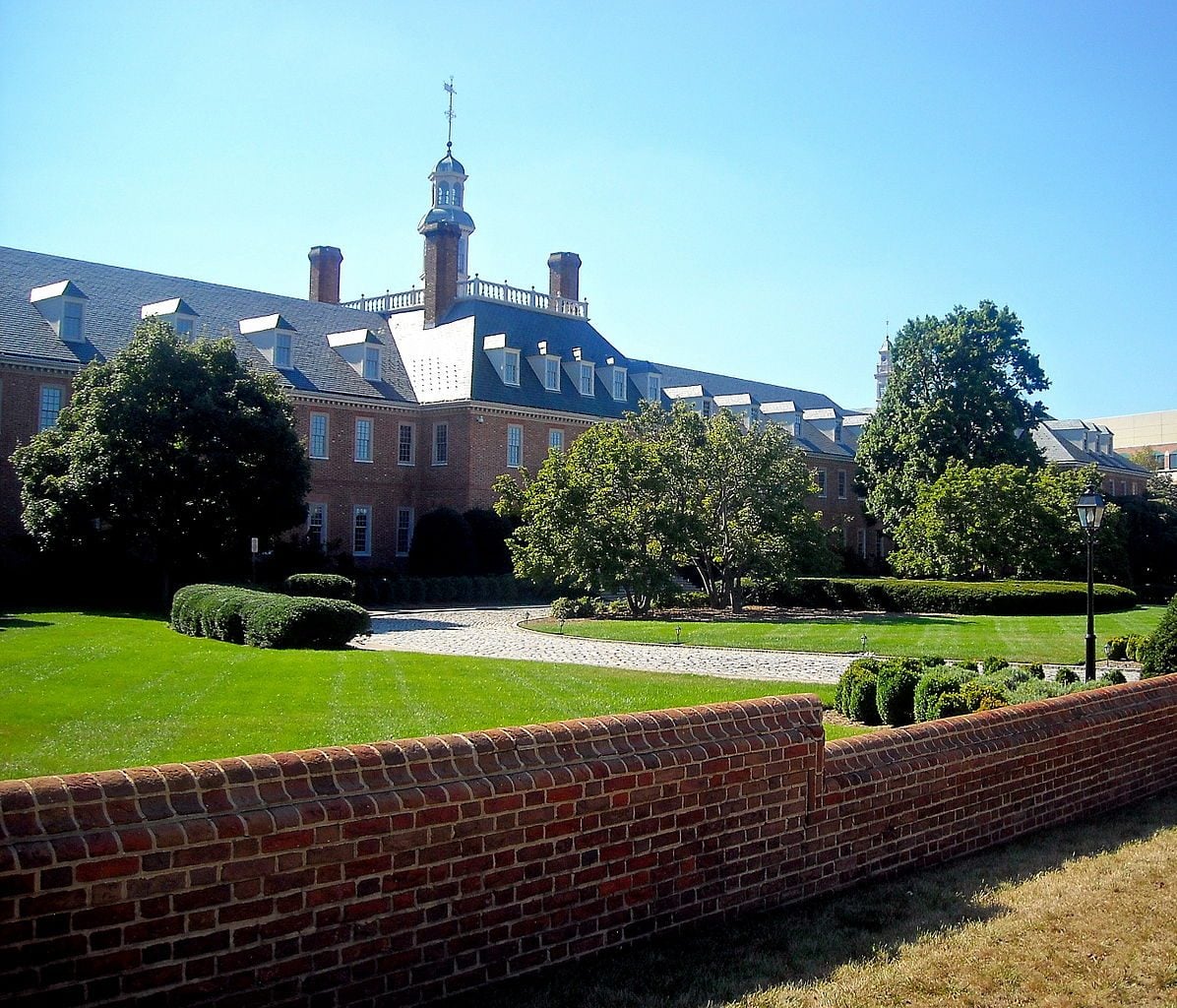The burning question where Fannie Mae and Freddie Mac are concerned is when they will be exiting conservatorship. They’ve been under the purview of the government for more than 10 years, and investors have gotten restless. Several hedge fund managers have invested in Fannie Mae’s and/ or Freddie Mac’s preferred shares because they are convinced that the end of conservatorship is on the horizon, but could it still be some time off?
Bank analyst Richard Bove of Odeon Capital Group initiated formal coverage of Freddie Mac in a recent note because the GSE appears to be nearing the end of its conservatorship. He has long been writing about both GSEs’ preferred shares, and he said that is still where his interest lies in Freddie.
The value of the preferred shares hinges entirely on whether or not the shareholders who sued the government and Freddie Mac over the so-called “net worth sweep” win their case or not. Bove believes the plaintiffs are correct, and it was illegal for the government to withhold dividends on the preferred shares from investors. He believes the defendants in the lawsuit did break the law by changing the terms of a contract without an agreement on the contract and by taking private property without providing fair compensation.
Bove pointed out in an earlier note that Federal Housing Finance Agency Director Mark Calabria said it was his “hope” that the two GSEs would have exited or be ready to exit conservatorship before the end of his term in 2024. On the surface. It seems like a disappointing statement and a reversal of his previous rhetoric, in which he threatened to end their conservatorship whether Congress wanted it to be done or not.
Perhaps what investors should be more concerned about is whether or not the reforms Fannie and Freddie were in so desperate need of are complete. If they are, then the GSEs could exit conservatorship sooner rather than later.
Now at Harvard University’s Joint Center for Housing Studies, Former Freddie Mac CEO Don Layton published a paper this week titled “GSE Reform: None or Mostly Done?” In the paper, Layton says an unnamed Treasury official told him in a meeting a few months ago that GSE reform has “already mostly happened.”
He explains the difference between “comprehensive” and “incremental” reform in the GSEs, noting that Congress and housing finance policy developers and commentators have been focused on the former of the two. In other words, they been watching for sweeping changes in the design and structure of housing finance, which Congress would be required to legislate. No legislation has passed, so it certainly appears as if no GSE reform has been completed.
However, Layton argues that, in fact, GSE reform is indeed mostly complete when viewed in the scope of “incremental” reform. He defines incremental reform as “fixing the major weaknesses in the existing system of housing finance,” adding that “almost all of the major flaws of the pre-conservatorship GSEs have been successfully addressed while the companies have been in conservatorship.”
“And these incremental reforms can easily be carried forward and completed to apply to the GSEs upon an exit from conservatorship, even if that exit is done only by administrative means,” he added. “On this view, which I share, reform has been ‘mostly done’ already, quietly and competently, during conservatorship, and so a program of ‘reform, recap and release,’ if the administration pursues it, is very much in the realm of the possible.”

No comments:
Post a Comment